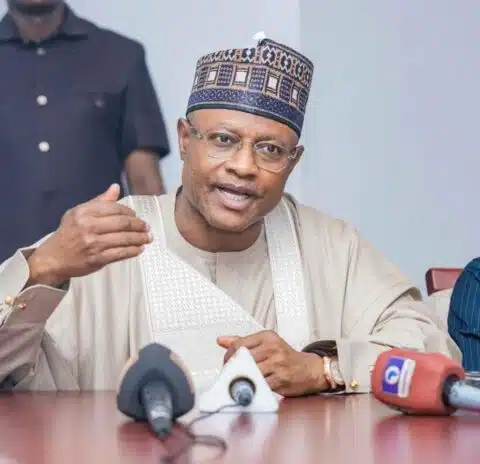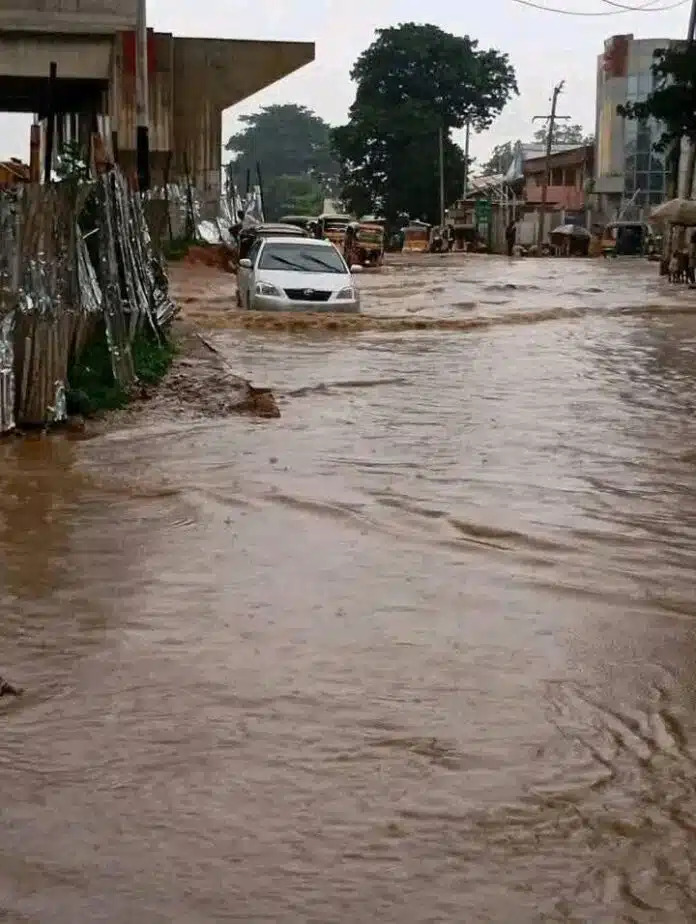By: Joy Musa
The recent flooding disaster at River Kofar Doka has sparked widespread criticism of Governor Uba Sani’s administration, with residents and civic groups accusing the government of negligence and lack of accountability. The flood, which devastated parts of Chikaji and surrounding communities, displaced hundreds and unearthed thousands of graves, leaving emotional and infrastructural scars across Zaria.
Rather than addressing the crisis head-on, critics say the Governor deflected responsibility by delegating the Managing Director of the Kaduna Roads Agency (KADRA) to speak on a local FM station in Zaria. The move, intended to reassure the public, reportedly backfired, intensifying scrutiny over the administration’s preparedness and response mechanisms.

Residents have voiced frustration over the lack of visible development in Zaria, particularly in road infrastructure. Despite promises made during campaign seasons, not a single kilometer of new road has been completed under the current administration, according to local observers. Comparisons have been drawn with previous administrations and contractors such as Ronches, credited with delivering key infrastructure projects in the region.
“The people of Zaria are not blind,” said a community leader who requested anonymity. “We remember what Ronches built. We see what this government has failed to do.”
The fallout from the disaster comes amid growing political tension following the recent by-elections. Allegations have surfaced that vote-buying may have influenced outcomes, further eroding public trust. However, opposition voices warn that such tactics will not succeed in the upcoming general elections.
“The general election will not be for sale,” said a youth activist in Tudun Wada. “People are ready to vote out incompetence. The numbers will speak.”
The mood in Zaria is one of rising discontent. While the Governor recently attended a large-scale empowerment program in Kofar Doka, distributing vehicles and motorcycles to constituents, critics argue that such gestures do little to address the core issues of infrastructure decay and disaster preparedness.
As the general election approaches, the River Kofar Doka disaster may prove to be a defining moment for the administration a test of leadership, transparency, and the will to serve.







